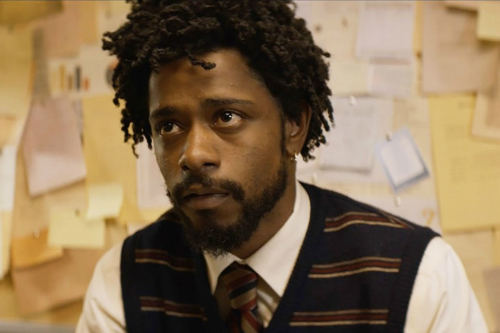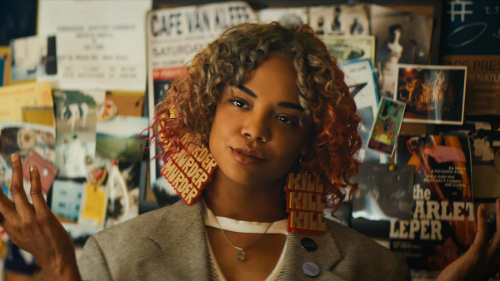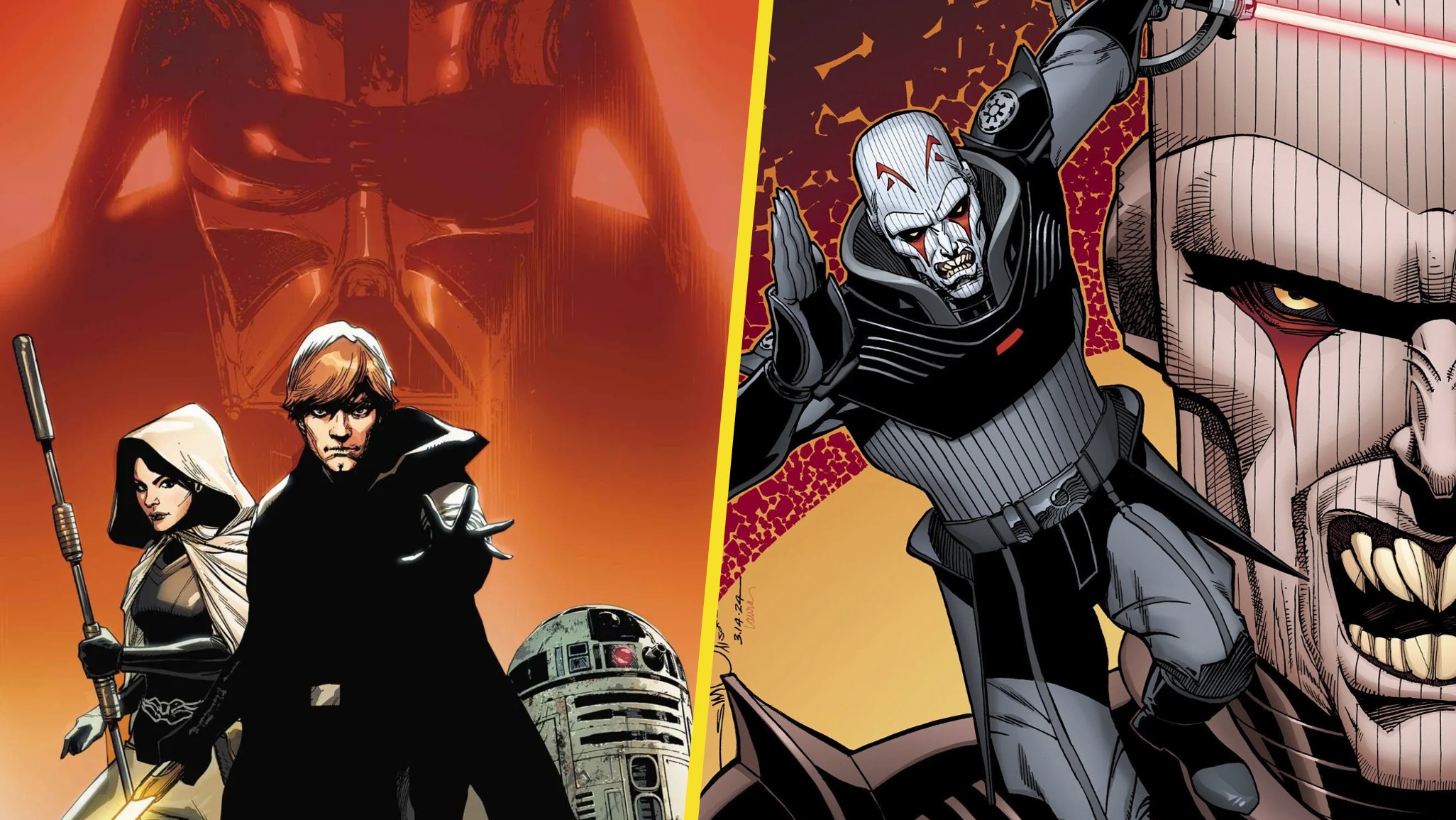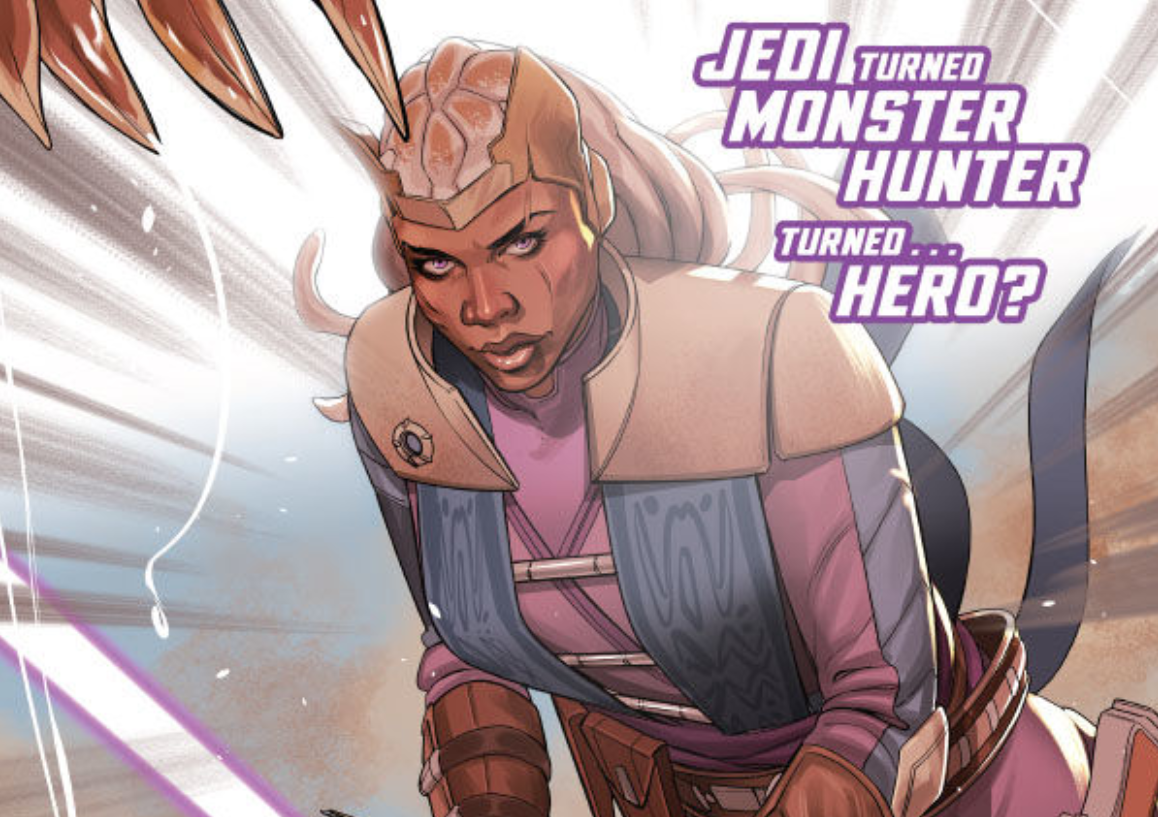‘Sorry To Bother You’ Review

Boots Riley delivers one of the most original films of the year with his directorial debut.
Set in an alternate dystopian version of the present, Sorry to Bother You follows a character named Cassius “Cash” Green. Cash has been having a rough life since he is living in his uncle’s garage and struggling to find a job, but his luck starts to change once he discovers he’s quite good at telemarketing. Using his “white voice,” Cash quickly rises to the top of a company called RegalView, but he risks losing sight of his morals as he achieves greater and greater success.
Perhaps the best place to start when discussing Sorry to Bother You is with director Boots Riley. Riley clearly set out to make a crazy satire that doesn’t pull back any punches, and he succeeded. Though the themes and social commentary are ever present, I was more impressed with how efficiently Riley was able to utilize the camera. Every single frame in this movie is creative and visually engaging. Certain shots in some of these scenes are absolutely wild and remarkably imaginative. How Riley was able to pull of so many inventive shots is beyond me. Not to mention that the cinematography and use of color are absolutely gorgeous.
Many people can see Riley’s creativity in the trailer alone with the very concept of a “white voice.” Though Riley could have had his actors simply sound “white,” he instead chose to dub over the dialogue with actors like David Cross and Patton Oswald. While this works on a purely comedic level, it also allows the audience to see that this is a fun and distorted reality that is different from our own – which is important to remember for later.

Lakeith Stanfield shines in the role of Cassius Green. Though Stanfield has been doing great work as side characters in projects like Get Out or Atlanta, Sorry to Bother You proves that he can also lead a film as well. Stanfield portrays Cassius as a simple and down on his luck kind of guy, which makes his character easy to empathize with. But when Cash starts to turn his luck around, he becomes faced with some hard decisions. Should he continue doing something he’s finally good at, even if it’s ethically wrong? Or should he take a film stance on his moral beliefs, even if it means losing out on his job? Stanfield does an excellent job of depicting Cash as a conflicted character, which allows the audience to root for him to make the right choice.
It also helps that Stanfield is aided by the wonderfully talented Tessa Thompson. Thompson plays Cash’s girlfriend, named Detroit, who has a very fiery and rebellious nature. Thompson’s performance is fantastic; she can be wild and anarchistic, calm and poetic, beautiful and artistic, all at the same time. Detroit’s personality juxtaposes Cash’s character extraordinary well; she is very active and stands firm in her convictions, while Cash is far more passive and unsure about what he believes in. I think Riley was trying to make a point with these two characters by showcasing two drastically different sides of human nature. Some are more expressive and fluid while others are more corporate and rigid. Despite this, Detroit and Cash have a believable relationship together, probably because Thompson and Stanfield had excellent chemistry together.
Terry Crews, Armie Hanner, Danny Glover and Steven Yeun are also in this film, but they don’t shine as well as our lead characters. They all have important roles in the story, but they seem to exist solely to propel the story forward. Aside from Armie Hammer’s role, these characters’ kind of disappeared from the third act entirely, so their parts of the narrative never quite get any form of resolution. I enjoyed every performance, but for how prominent the movie was setting these characters up to be, I didn’t anticipate that they would become irrelevant to where the story was heading.

Perhaps I should focus less on the actual characters, and more on what they represent. Along with Cassius and Detroit, Yeun and Glover’s characters’ help convey the messages of the overall film. Sorry to Bother You has a lot to say about the corporate world, conformity, slave labor, and the working class. The movie isn’t exactly subtle with these themes, but the obvious nature of the social commentary aids in the humor and satire. I appreciate that Boots Riley made a film with something to say, and execute it with an overly stylish vision.
Despite my praise for the film as a whole, the final 30 minutes of Sorry to Bother You is complete insanity. The third act of this movie just takes a weird turn and descends into madness. Without spoiling anything, Sorry to Bother You becomes a film that is nothing short of bizarre. I’m of course referring to the odd concept of Equisapians – you’ll know it when you see it – because at this point in the narrative, you’ll either be completely on board with the film’s lunacy, or you will be entirely turned off. I will admit that the movie did start to lose me due to it’s eccentric nature. I’m not sure if the film would have been better if it had a different ending, because as it stands now, Sorry to Bother You is definitely a memorable experience.
Some people won’t be affected by the film’s unusual narrative, but I have a feeling most people will be. So while I don’t think Sorry to Bother You will be accepted in wide mainstream audiences, I think it will achieve cult status. Boots Riley is clearly a competent filmmaker with a unique style of his own. His music with Tune-Yards and The Coup is fun, his script is clever and witty, his vision is bold, and his style is original. Though I may have some issues with the film’s finale, Sorry to Bother You is a great satire and an overall entertaining time at the movies.







